“Vulnerability sounds like truth and feels like courage. Truth and courage aren’t always comfortable, but they’re never weakness.”
―
I am hooked on Brené Brown and everything she has to say. In addition to the gorgeous Texan accent, which reminds me of one of my favourite places and many of my favourite people, she enthusiastically and entertainingly educates us into true courage and authenticity; and out of shame. I’ve been contemplating her words for a while now, as I question my own career path and the fear which many, if not all, of my life choices are rooted in. Then, a few weeks ago, I encountered a rather curious moment with my parents.
I mentioned in passing that one of my students had asked me about getting enough protein due to my vegan lifestyle. For me this was a humorous moment. As most vegans already know, having our protein intake questioned is a common occurrence. So common in fact, it’s just a bit of a joke now – Oh look at me fading away, withering from lack of energy, how ever have I existed these past thirty odd years without consuming animal flesh?! haha… Anyway, in relaying this quirky moment to my parents they both became horrified.
“Why would you ever tell people you are vegan?! That is personal, private information!” they exclaimed.
Frankly, I was perplexed. They went on to tell me it was the equivalent of sharing my spiritual beliefs or sexuality. I remained bamboozled. I didn’t argue, but rather went off and wondered why on earth they would think such a thing.
What I eventually concluded was that for my parents generation, and indeed many people of my own, opening yourself up to criticism and comment is akin to madness. Vulnerability, as Brené says, is considered by most people to equate to weakness.
Now, what I know, through my experience as a musician and songwriter as well, is that vulnerability can at first be terrifying and requires great courage. Yes, when I tell people I’m vegan, many of them will look sideways at me and ask ignorant questions. I’ll be judged. However, I’m not about to stop doing it. It’s not as if I walk into rooms announcing my private life, but when appropriate moments arise in which I can be my authentic self, I certainly always will be. Here’s why…
Showing vulnerability inspires others and gives them permission to do the same
I’m an educator. Young people, during one of the most formative stages of their lives, are watching me all day every day. What mostly happens when I tell them I’m vegan is curiosity, alongside a few saying either “me too!” or “oh, teacher! I really want to be vegan too, can you help me?” For them, veganism is nowhere near the radical idea it is for my parents generation.
In terms of my personal spirituality and sexuality; if they ask me, I’ll tell them. I’ve got nothing to hide. I also tell them how scared I am about global warming, and I encourage them to take all the action they can. Many of them know I have written songs about my broken heart. They know I am a flawed human being who hates waking up early to come to class.
I’m also aware that many young people are struggling with these, or their own issues, and they can feel isolated and shameful. Who better to give them permission to be themselves than a teacher who is fully herself. I hope that the young women in my classes see me and know that it’s okay to not get married and not have kids. For many of them there is incredible pressure coming from their parents and cultures to be something they simply are not.
I believe that my job is to lead through example and show them how to be happy in their own skin, to be strong and vulnerable, no matter what anyone else says. A student who has spent any amount of time in one of my classes will generally leave knowing exactly who I am and how I feel about pretty much everything. The worst that can happen is that we disagree. But as I always tell them, that’s totally fine. We don’t need to agree. I’ll do me, you do you. Being free to share thoughts and feelings in a respectful way is a crucial life skill, one I’m proud to be teaching.
Being vulnerable equals meaningful connection
The times when I feel most unhappy are when I’m not connecting with people well. Occasionally I’ll open myself up to those around me only to find no one quite gets it, or feels the same way. The good news is, if you are consistently vulnerable you will eventually draw exactly the right people to you. Whereever I’ve gone, I’ve ended up making profound friendships. Not to say I haven’t had the odd friend I had to cut loose or I’ve grown apart from. But again, when you live in a state of vulnerability this will naturally happen. The people who aren’t comfortable with the real you, and your ups and downs, will drift away, while the people who totally get it will gravitate straight towards you at lightening speed.
I’ve had friends, more than one, who on the first or second hang have told me “I feel like we’ve always known each other.” Recently, my new friend and musical partner, Maynah, confessed “The first time I saw you, I knew I wanted to know you.” “I know, we are kindred spirits, aren’t we?” I replied. You can only imagine how well it went when we started to sing together!
The same thing often happens in my romantic relationships. When you meet someone else who lives in this state of vulnerability there is absolutely no shit to wade through. You are both fully yourselves right there on the first date, willing and ready to have someone judge you for the truth of who you are. And you sort of encourage this state in each other. The best part is that when you are both fully open and able to express your truths, and it happens that you’re also on the same page about almost everything, the connection is immediate and intense.
While some people find it hard to fall in love, in situations like these I start in love and there is only ever the potential to stay there or fall out. A guy once said this exact thing to me on our second date. He was a beautiful example of such an instant connection, and probably even better at vulnerability than I am. As he laid every part of himself bare to me, and it all felt extremely familiar, it was impossible not to feel love and empathy for him right away.

New friends…. This picture was taken the first time the three of us hung out. We had just openly acknowledged how connected we felt.
Vulnerability is creativity
There are different levels of understanding this one. We know that it takes vulnerability to share something personal with the world, but there is also a necessary level of vulnerability required to create.
This comes back to the ideas of shame and fear. People connect with art that resonates with them. Nothing affects us more than hearing a story similar to our own, which we ourselves are perhaps afraid to share. But to create from this truly authentic place we must allow ourselves to fearlessly share what we are most deeply afraid to. We have to be in touch with the things we are ashamed of and acknowledge them openly.
These days I feel far less shameful than I ever have before, but throughout my twenties and thirties there were a great many things I was ashamed of: my body, for one; a lack of singing talent, laziness and lack of direction; choices in men… When I made music I was still being vulnerable; I was sharing my love stories and heart-break, my feelings of constant rejection, but I was still creating from a place of fear. I was fully aware that people were going to judge these songs as coming from me. They would brazenly decide whether they were “good” or “not good”.
This constant awareness meant I was never fully opening myself up as a vessel for true shameless creative flow, I was always tweaking things to make them sound how I thought other people would like them to sound. I relied on the opinions of others far more than I trusted the higher power working through me.
I’m certainly not free from shame, but I’m conscious of it now, and trying my best to create from a place of courage, love and connection, rather than fear of judgement.
Vulnerability is the transmuting of shame
One of my favourite Brené-isms is the idea that empathy destroys shame.
There is a great TV show (based on a novel of the same name) called Queen Sugar. One of the main characters, Nova, is a writer who decides to write a tell-all memoir about her family. In the book she exposes all of her family secrets including domestic violence, an illegitimate child, and the fact that her since passed-away father likely murdered someone to protect her. Her family disown her for writing what becomes a bestseller.
What I understood the message here to be, though, was that Nova knew that it was only through exposing all of these secrets, that her family could be free from the burden of the shame they all carried. She was trying to do them all a favour, and to help the wider public heal too, but her family were not in the right spiritual space to understand it.
There is a beautiful scene where her brother, who has been “exposed” as not the biological father to his young son, is approached by one of his employees. At first, her brother is expecting to be mocked for raising a child that is not biologically his, but instead the man tells him how much he admires him, and that his father too had not been his biological father. Through the sharing of this secret two people begin to be healed.
In order to heal our past and the burdens we carry, we must share them, and have them met with empathy. Empathy, however, is also born out of vulnerability. We often see the opposite reactions too, from those who are not ready and able to open themselves up.
One of the things I strangely carry shame around is my age. It’s not in my control, so I don’t know why I should feel ashamed, but society has burned into my brain that I should be; and somehow I haven’t yet overcome it. As a result, I often tend to lack empathy towards people younger than me who complain about aging.
When my dear friend turned thirty-two last week and confessed that she feels she is looking older and is stressed about it, I responded by telling her it was all in her head… people don’t even start to look older until they are around forty! I simply couldn’t bring myself to be there with her, it is so painful for me to face my own shame around aging, I certainly couldn’t face hers with her.
These are the types of things that happen daily when we share our fears and worries. If you share with someone who isn’t capable of being vulnerable with you, it will keep you stuck or potentially increase your level of shame. But if you share with someone who is open, a deep healing occurs.
In order to find out where you carry shame, all you need to do is think of the situations in which you lack empathy. If someone shares with you a situation they are feeling upset about and you react by taking it personally and telling them your own story (which naturally seems far worse) this is a great indicator of an area in which you are in need of your own healing.
Once again, this is the beautiful thing about art. By opening ourselves up through our art we can potentially connect to all those who need healing in the exact same area.
Vulnerability is freedom.
So air out your dirty laundry. I mean… read the room first, but go ahead, do it.

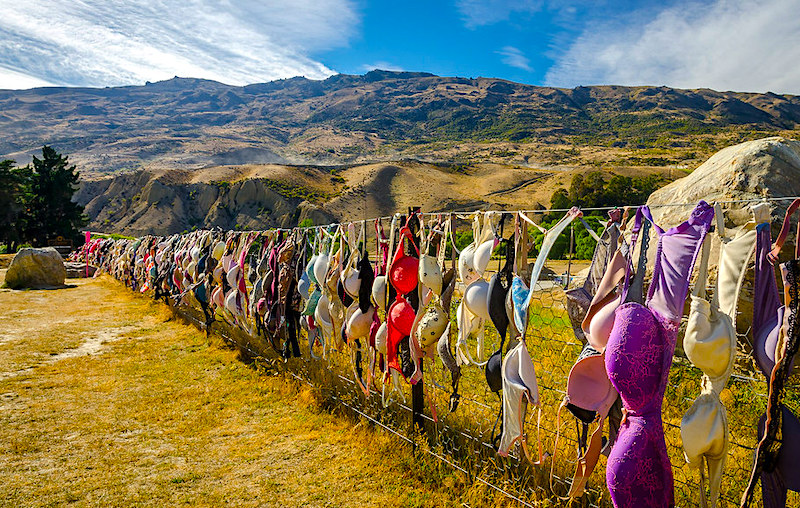
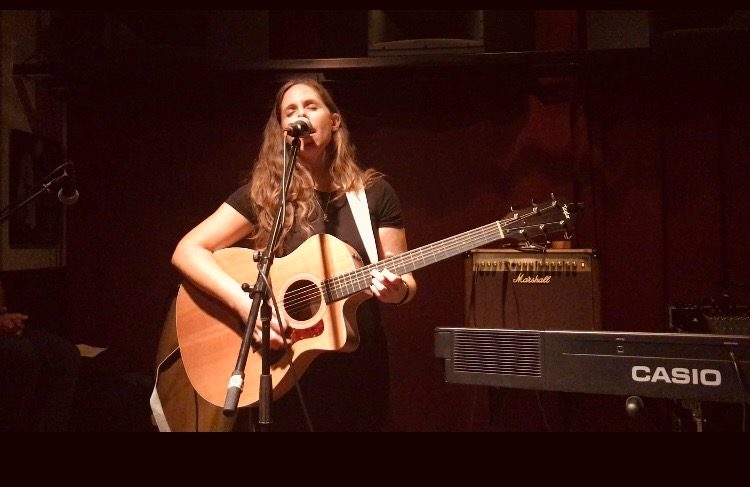
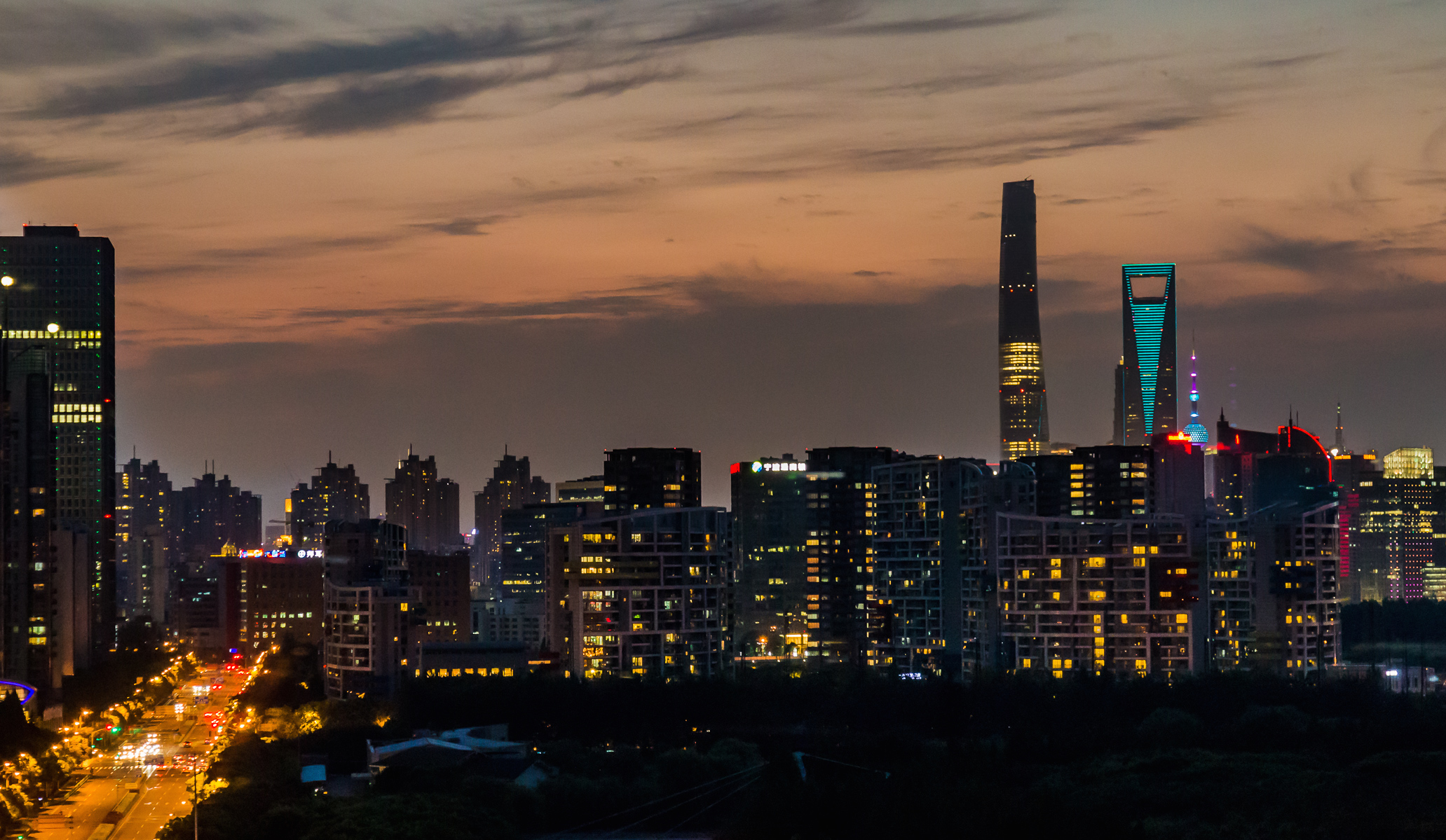
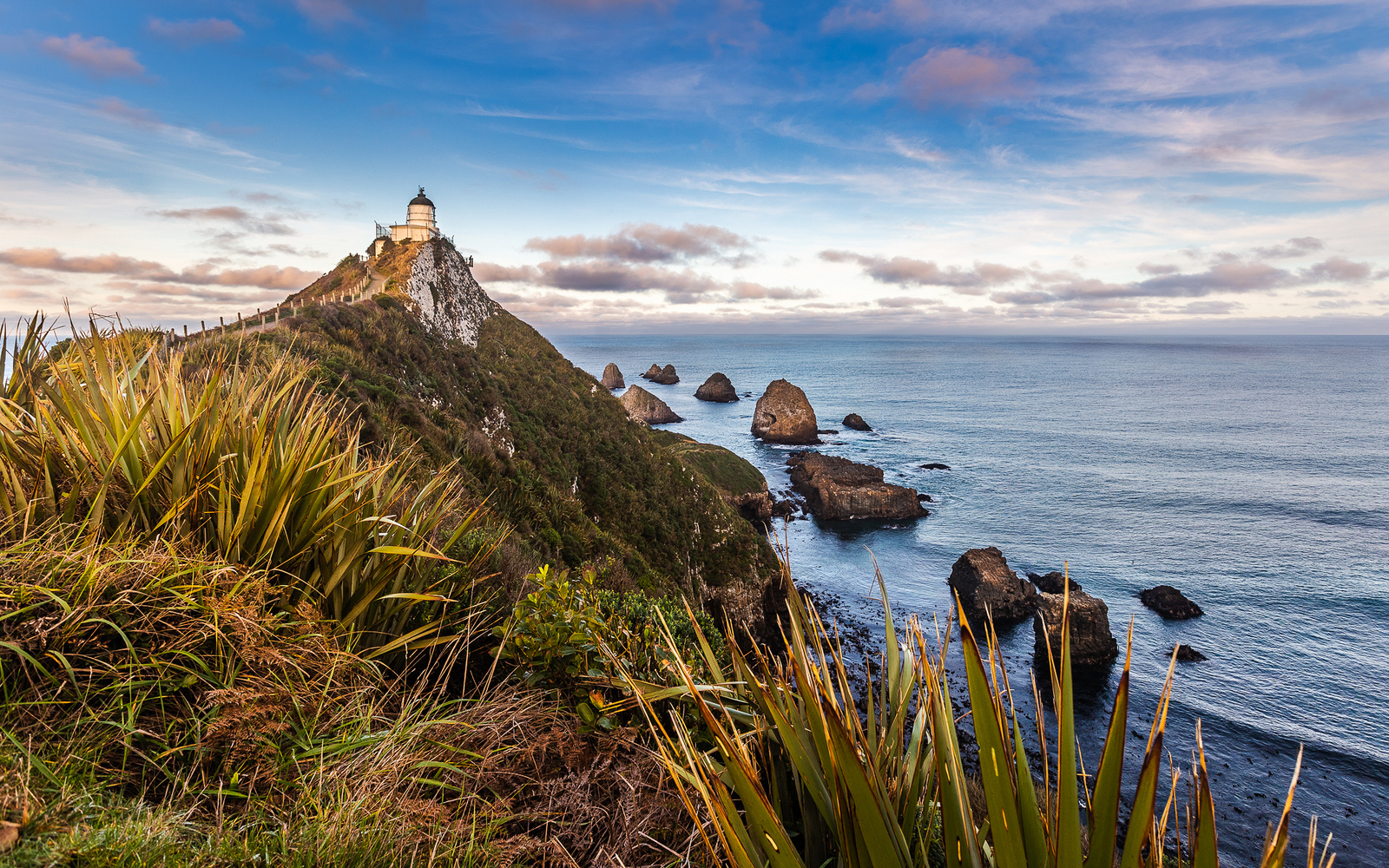
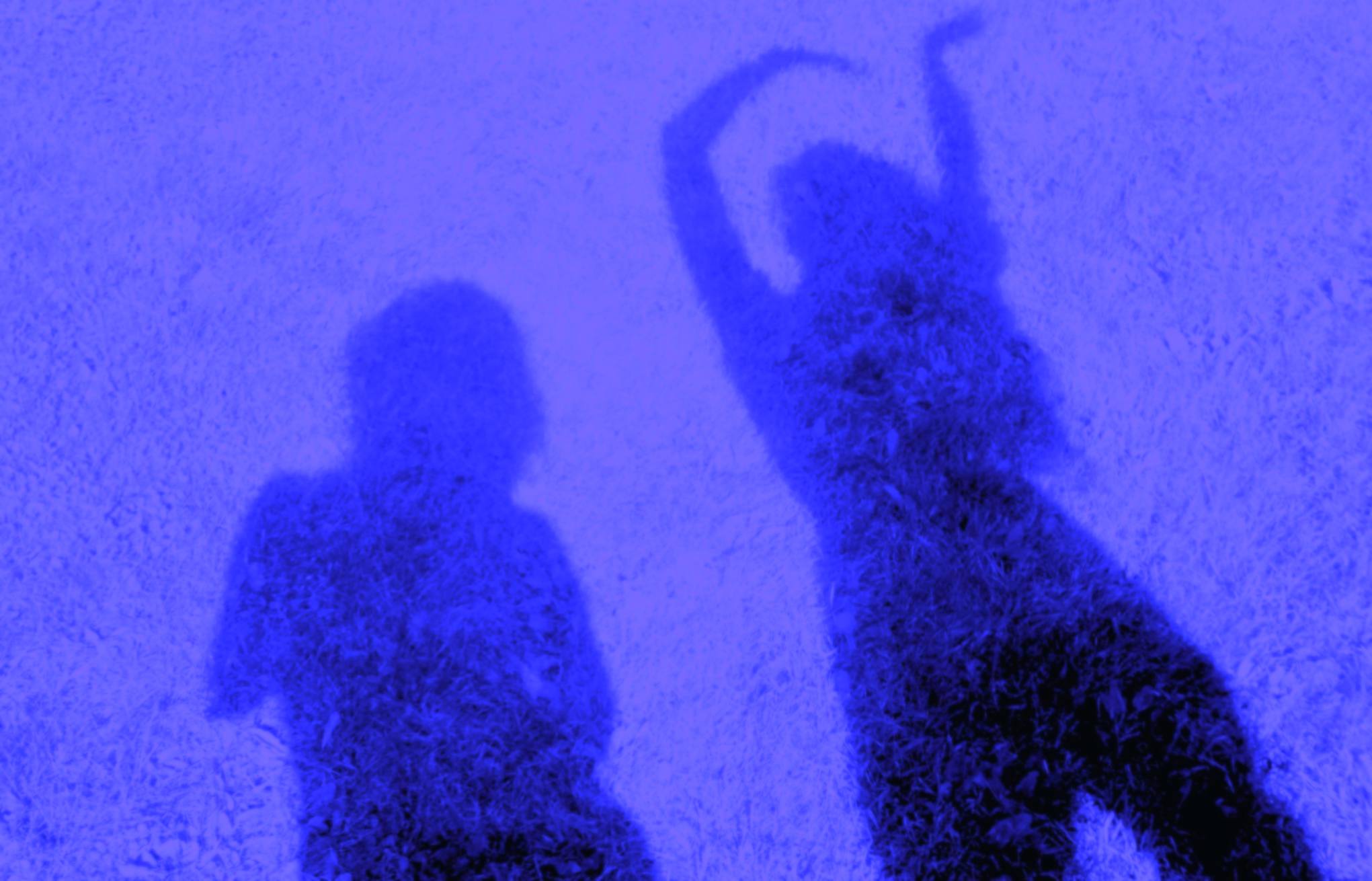

Thoughts?